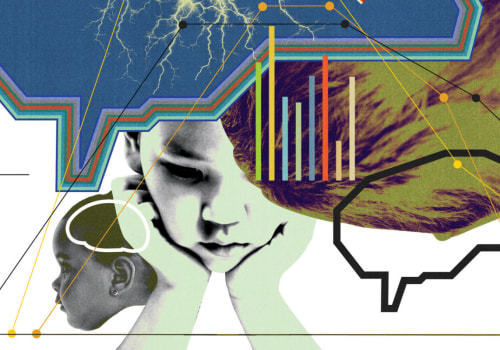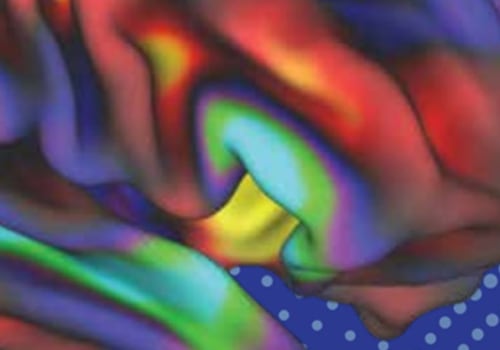Addiction is a complex disorder that has been linked to a loss of frontal lobe function and increased impulsivity. The prefrontal cortex (PFC) and midbrain are two areas of the brain commonly discussed when it comes to addictions. The PFC is responsible for self-regulation, goal setting, and predicting behavioral consequences, while the midbrain is associated with the reward system. Neuroimaging studies have shown that drug use can cause changes in brain function, with lower glucose metabolism in the frontal cortex during cocaine, morphine, or alcohol poisoning, and higher levels of glucose metabolism in the prefrontal cortex, orbitofrontal cortex, and striatum in marijuana users.
Exercise has been found to be a targeted therapy to help regulate impulsivity and drug cravings during addiction recovery. It can promote the same mechanism of action in the PFC as drug use does, resulting in a healthier lifestyle. It is important to understand how addiction affects the brain in order to develop effective treatments for this disorder.






